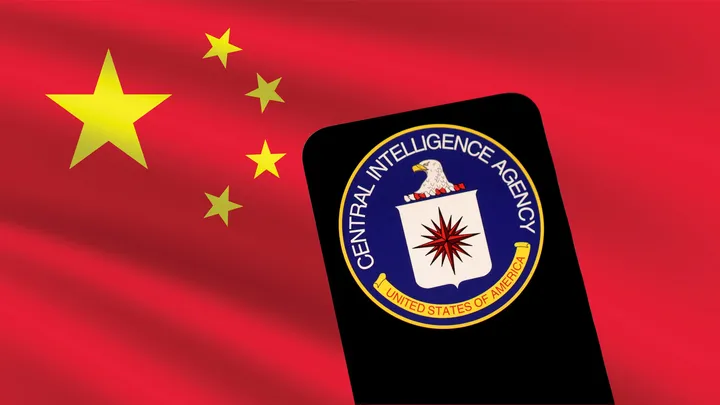Sri Lanka has run out of petrol and is unable to find dollars to finance essential imports, the new prime minister has said in an address to the crisis-hit nation, asking residents to brace for a "difficult" couple of months.
"We have run out of petrol... At the moment, we only have petrol stocks for a single day," Ranil Wickremesinghe said on Monday, warning his bankrupt country would face more hardships in the coming months.
He said the government was unable to raise dollars to pay for three shipments of oil, with the ships awaiting outside the Colombo harbour for payments before discharging their cargoes.
Wickremesinghe, 73, said the island nation needed to secure $75 million in foreign exchange in the next few days to pay for essential imports.
"The next couple of months will be the most difficult ones of our lives," Wickremesinghe said. "I have no desire to hide the truth and to lie to the public."
However, he urged people to "patiently bear the next couple of months" and vowed he could overcome the crisis.
READ MORE:Sri Lanka lifts curfew, marks Buddhist festival amid crisis
Worsening crisis
Wickremesinghe said the government had also run out of cash to pay the 1.4 million civil servants their salaries in May, and he will turn to money printing as a last resort.
"Against my own wishes, I am compelled to permit printing money in order to pay state-sector employees and to pay for essential goods and services," he said.
He warned that fuel and electricity tariffs will be raised substantially and his government will also sell off its loss-making national carrier to reduce losses.
Sri Lanka is in the throes of its worst-ever economic crisis with its 22 million people enduring severe hardships to secure food, fuel and medicines while facing record inflation and lengthy power blackouts.
Wickremesinghe assumed office on Thursday after his predecessor, Mahinda Rajapaksa, was forced out after weeks of protests over the government's handling of the economic crisis turned deadly.
Wickremesinghe, who is leading the country for the sixth time, won crucial support from two main opposition parties on Monday, easing the pressure on the ruling Rajapaksa clan.
The main opposition SJB party appeared to drop its demands that President Gotabaya Rajapaksa should step down before backing a coalition to manage the crumbling economy.
The SJB, or Samagi Jana Balawegaya, declined to join a unity government led by Wickremesinghe, but said it would "unconditionally support the positive efforts to revive the economy".
And the second-largest opposition party, the Sri Lanka Freedom Party (SLFP), said it would join the cabinet.
READ MORE:Sri Lanka appoints Wickremesinghe as new prime minister amid crisis























